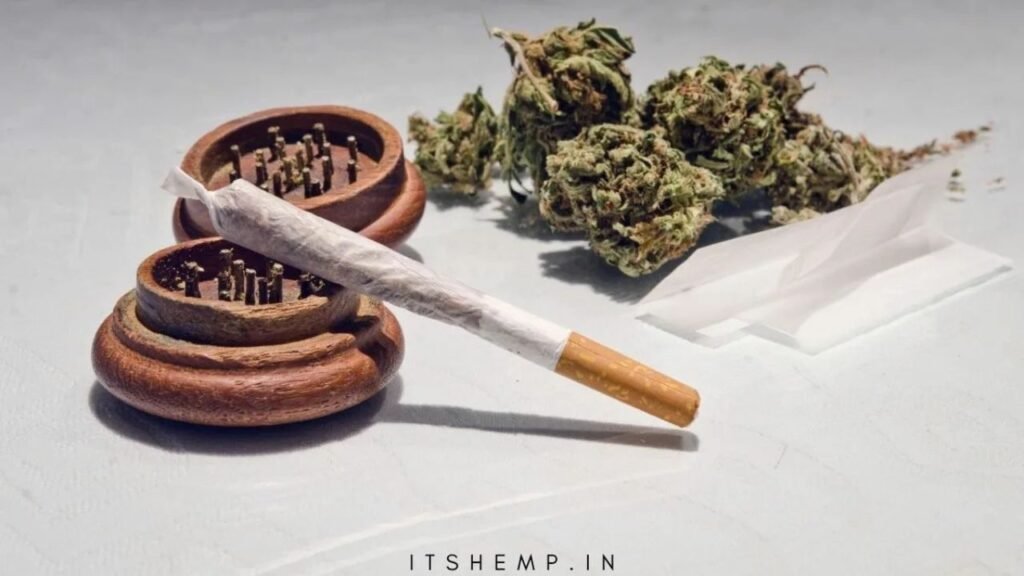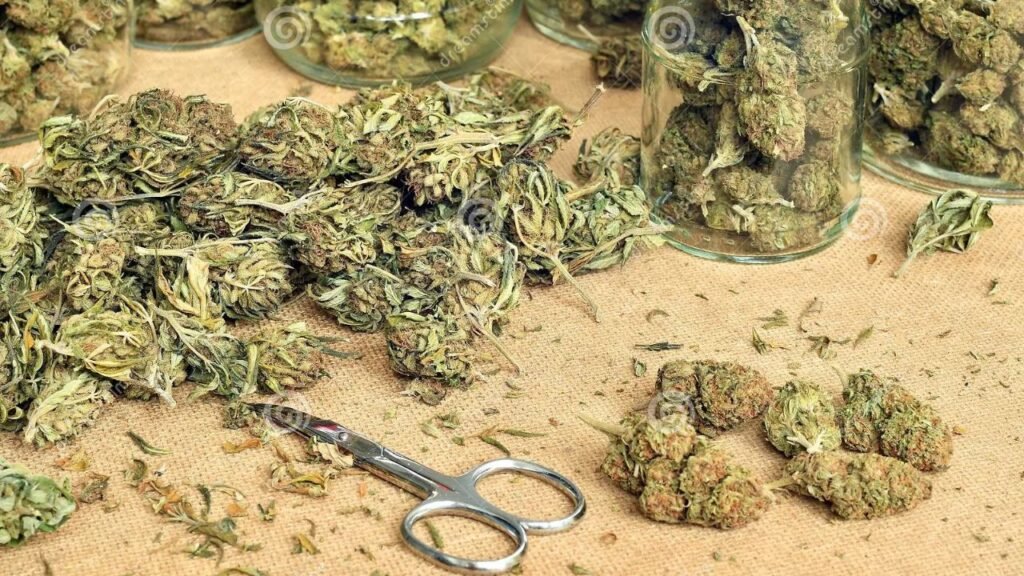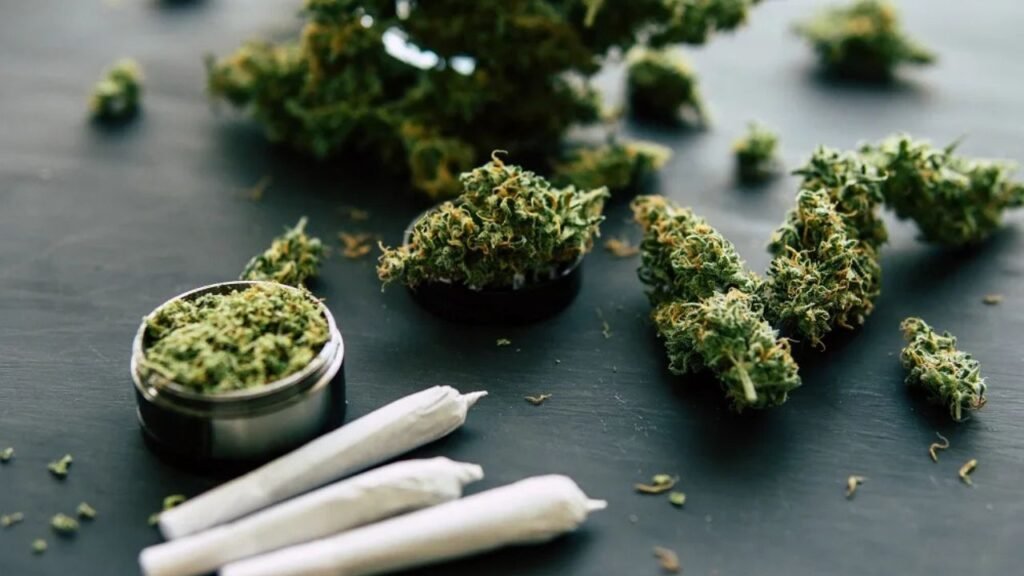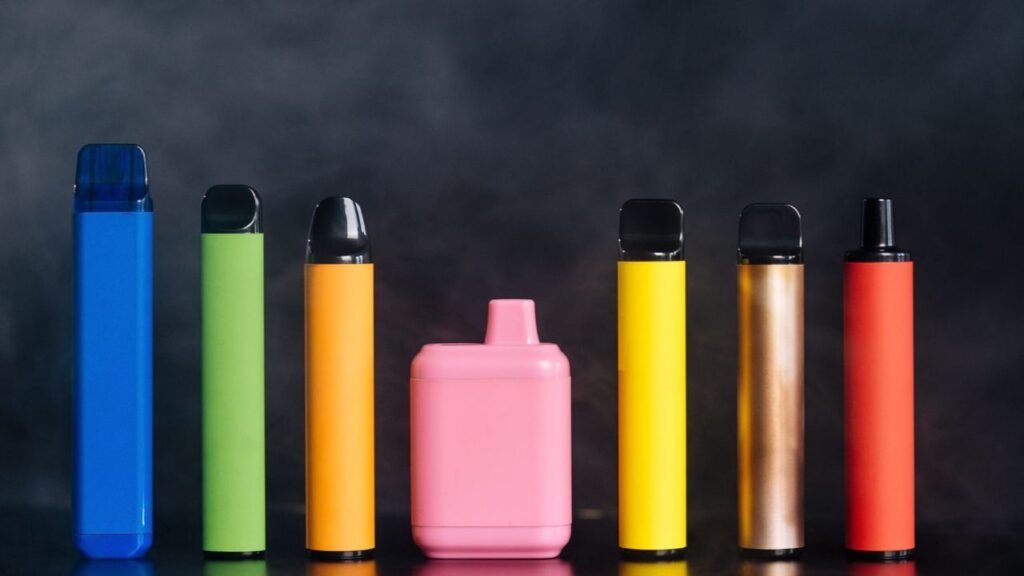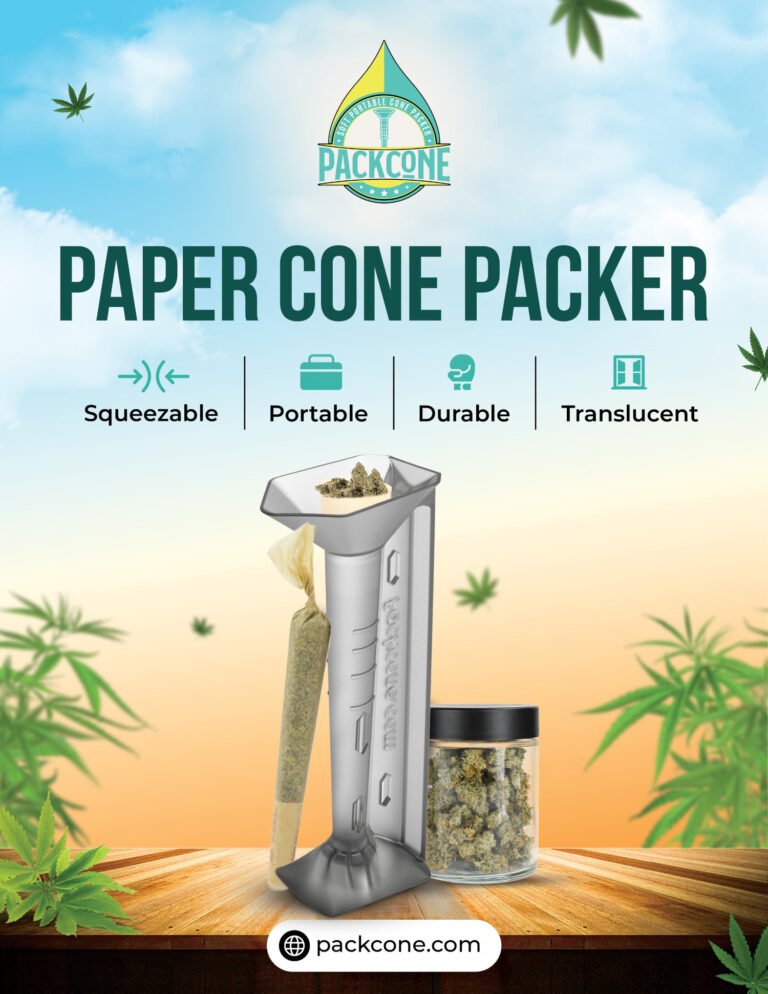How to Understand CBD vs THC: Key Differences
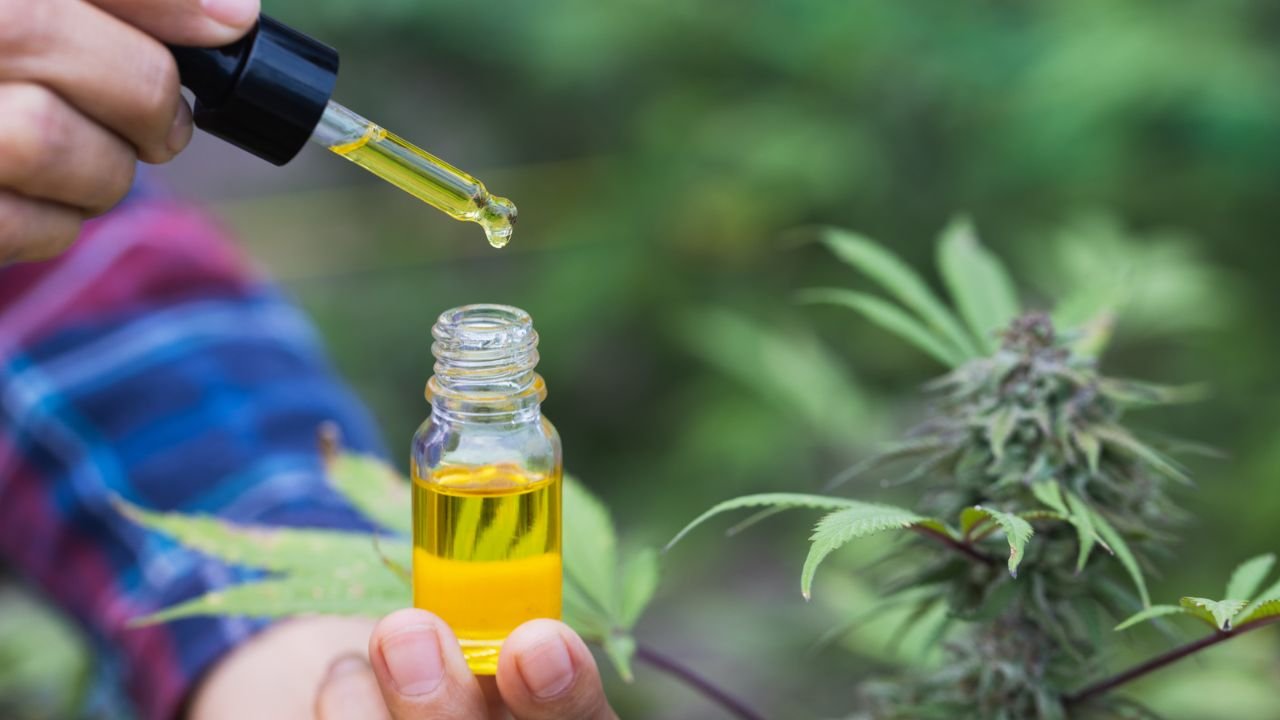
CBD and THC are the two most well-known compounds found in cannabis. While both interact with your body’s endocannabinoid system, they have very different effects. If you’re new to cannabis or trying to choose the right product, knowing the difference between CBD and THC is essential. In this guide, you’ll learn how to understand CBD vs THC, their uses, benefits, side effects, and legal status.
What Are CBD and THC?
CBD (Cannabidiol) and THC (Tetrahydrocannabinol) are cannabinoids. These natural compounds are found in the cannabis plant. Both affect the body in unique ways and offer different benefits.
-
CBD: Non-intoxicating. It doesn’t make you high. It helps with anxiety, pain, inflammation, and sleep.
-
THC: Psychoactive. It’s the compound that gives the “high.” It’s often used for pain relief, appetite stimulation, and relaxation.
These two cannabinoids are similar in structure, but they interact with your brain differently.
CBD vs THC: How They Work
CBD (cannabidiol) and THC (tetrahydrocannabinol) are the two most well-known cannabinoids found in the cannabis plant, but they affect the body in very different ways. While both interact with the body’s endocannabinoid system (ECS)—a complex network of receptors responsible for regulating mood, pain, sleep, appetite, and immune response—their effects and applications vary greatly.
THC is the psychoactive compound responsible for the “high” associated with marijuana. It binds primarily to CB1 receptors in the brain, altering perception, mood, and coordination. It’s commonly used for recreational purposes, as well as for managing chronic pain, nausea, and appetite loss.
CBD, on the other hand, is non-psychoactive, meaning it doesn’t produce a high. It interacts more indirectly with ECS receptors and is often used to help manage anxiety, inflammation, epilepsy, and sleep disorders without impairing cognitive function.
Both compounds have therapeutic potential, but their legality, effects, and side effects differ. While THC may cause drowsiness, dry mouth, or anxiety in some, CBD is generally well-tolerated with minimal side effects.
Understanding how CBD and THC work is essential for choosing the right vape product, especially if you’re new to cannabinoids. Always consider your goals and local laws before use.
Key Differences Between CBD and THC
Here’s a quick breakdown to help you understand CBD vs THC:
| Feature | CBD | THC |
|---|---|---|
| Psychoactive? | No | Yes |
| Legal Status | Legal in many countries | Legal in fewer places |
| High Feeling? | No | Yes |
| Common Uses | Anxiety, sleep, pain, epilepsy | Pain, appetite, insomnia, nausea |
| Drug Test Result | Usually negative | Usually positive |
Both compounds have medicinal benefits. However, they affect people differently:
CBD Effects
-
Reduces anxiety
-
Improves sleep
-
Helps with chronic pain
-
Anti-inflammatory
-
Reduces seizures (approved for epilepsy treatment)
THC Effects
-
Euphoria or “high”
-
Stimulates appetite
-
Eases chronic pain
-
Relieves muscle spasms
-
May increase heart rate and cause dry mouth
Knowing how CBD vs THC affects your body helps you choose the right one for your needs.
CBD vs THC for Medical Use
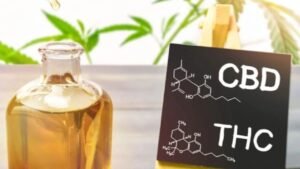
Both are used in medical cannabis, but they treat different symptoms:
CBD Medical Uses
-
Epilepsy: FDA-approved Epidiolex uses CBD.
-
Anxiety and PTSD: Helps reduce stress without the high.
-
Inflammation: Useful for arthritis and autoimmune conditions.
THC Medical Uses
-
Cancer patients: Helps reduce nausea and increase appetite.
-
Glaucoma: Reduces eye pressure.
-
Chronic Pain: Effective for pain from MS or nerve injuries.
Some doctors recommend combining both for balanced effects.
Side Effects of CBD vs THC
While generally safe, both can cause side effects:
CBD Side Effects
-
Dry mouth
-
Fatigue
-
Dizziness
-
Interaction with medications
THC Side Effects
-
Anxiety or paranoia (in high doses)
-
Memory loss (short-term)
-
Increased heart rate
-
Impaired motor skills
CBD is better for people who want relief with fewer side effects. THC may be stronger, but it comes with a higher risk of discomfort for sensitive users.
CBD vs THC: Legal Differences
Legality depends on where you live:
-
CBD: Legal in most U.S. states and many countries if derived from hemp (less than 0.3% THC).
-
THC: Legal for recreational use in some U.S. states and countries. Still illegal in many places.
Always check local laws before buying or using cannabis products.
CBD vs THC: Which Is Right for You?
Choosing between CBD and THC depends on your goals.
Choose CBD if:
-
You want relief without feeling high.
-
You’re treating anxiety, inflammation, or seizures.
-
You’re concerned about drug tests.
-
You live in a place where THC is illegal.
Choose THC if:
-
You want strong pain relief.
-
You need help with nausea or appetite.
-
You’re okay with the high.
-
You live where it’s legal.
Some people use full-spectrum products, which contain both CBD and THC. These provide what’s known as the entourage effect—a stronger, balanced benefit from using multiple cannabinoids together.
Popular CBD and THC Products
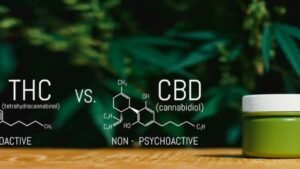
You can find both compounds in various forms:
CBD Products
-
CBD oil and tinctures
-
CBD capsules
-
Topicals and creams
-
Gummies and edibles
-
Vape products
THC Products
-
Flower (weed)
-
THC oil or vape
-
Edibles (gummies, chocolates)
-
Tinctures
-
THC concentrates
Always read labels to know how much CBD or THC is in your product.
How to Dose CBD and THC
Start low and go slow.
CBD Dosage Tips
-
Begin with 10–20 mg daily.
-
Increase gradually if needed.
-
Effects are subtle and build over time.
THC Dosage Tips
-
Beginners: Start with 2.5–5 mg.
-
Wait 1–2 hours before increasing (especially with edibles).
-
Too much THC can cause anxiety or paranoia.
Microdosing is popular. It lets you get benefits without strong psychoactive effects.
CBD vs THC for Sleep and Anxiety
Many people turn to cannabis to help with sleep and stress.
CBD for Sleep and Anxiety
-
Helps calm the mind.
-
Reduces anxiety without sedation.
-
Works well for people with chronic stress.
THC for Sleep and Anxiety
-
It can help you fall asleep faster.
-
High doses may increase anxiety.
-
Use low doses for best results.
CBD is better for daily use, while THC may be better for short-term or as-needed.
Can You Combine CBD and THC?
Yes. Using both can create a balanced effect. This is called the entourage effect. Many products are labeled as:
-
Full-spectrum: Contains all cannabinoids, including trace THC.
-
Broad-spectrum: Contains CBD and other compounds but no THC.
-
Isolate: Pure CBD or THC with nothing else.
If you’re sensitive to THC, start with broad-spectrum or isolate.
CBD vs THC in Drug Tests
THC shows up in most standard drug tests. CBD usually doesn’t. However:
-
Some CBD products contain trace THC.
-
Using large amounts of full-spectrum CBD may trigger a false positive.
If drug testing is a concern, use CBD isolate with third-party lab results.
CBD and THC Safety Tips
-
Always buy from reputable sources.
-
Check third-party lab tests (COAs).
-
Store products in a cool, dark place.
-
Avoid mixing with alcohol or other sedatives.
Speak to a doctor, especially if you’re on medication or have a health condition.
Call to Action:
Ready to explore CBD or THC products? Start with a low dose, check local laws, and choose a quality brand. Always listen to your body and consult a healthcare provider if you’re unsure. Understanding CBD vs THC is the first step toward safe, effective cannabis use.
FAQs:
What is THC?
THC (tetrahydrocannabinol) is the primary psychoactive compound in cannabis. It binds to CB1 receptors in the brain, producing a euphoric high. It’s often used for pain, appetite, and sleep disorders.
CBD vs THC?
CBD is non-psychoactive and calming. THC is psychoactive and can make you feel high. Both have therapeutic benefits, but affect the body differently.
Difference Between THC and CBD?
THC alters the mind and creates a high. CBD doesn’t cause intoxication and is often used for anxiety, inflammation, and sleep. THC binds directly to brain receptors; CBD works more indirectly.
Is CBD Weed?
CBD comes from the cannabis plant, but it doesn’t make you high. It can be extracted from both hemp and marijuana, though most legal CBD comes from hemp.
What Does CBD vs THC Feel Like?
CBD feels calming, relaxing, and clear-headed without a high. THC gives you a euphoric, “stoned” feeling that may include altered perception, laughter, and hunger, depending on the dose and strain.
Does CBD Make You High?
No, CBD does not make you high. It’s non-intoxicating and is often used to reduce anxiety, inflammation, and stress without the psychoactive effects of THC.
What Is the Difference Between THC and CBD?
THC produces a high; CBD vs THC – key differences. CBD does not. THC is best for appetite, pain, and insomnia. CBD is ideal for anxiety, seizures, and inflammation. They interact with the endocannabinoid system differently.
Does THC Get You High?
Yes, THC gets you high. It activates brain receptors that cause euphoria, sensory changes, and relaxation. Effects vary based on dose, method, CBD vs THC – key differences, and personal tolerance. High doses may also lead to anxiety or paranoia.
Conclusion:
Understanding CBD vs THC helps you make informed choices. CBD offers calm and relief without the high. THC delivers stronger effects but comes with legal and psychoactive concerns. Both compounds offer health benefits, especially when used mindfully. Whether you need relaxation, CBD vs THC – key differences, pain relief, or better sleep, knowing these key differences allows you to choose the right product.
Read More>>>>>>> How to Understand CBD vs THC: Key Differences

